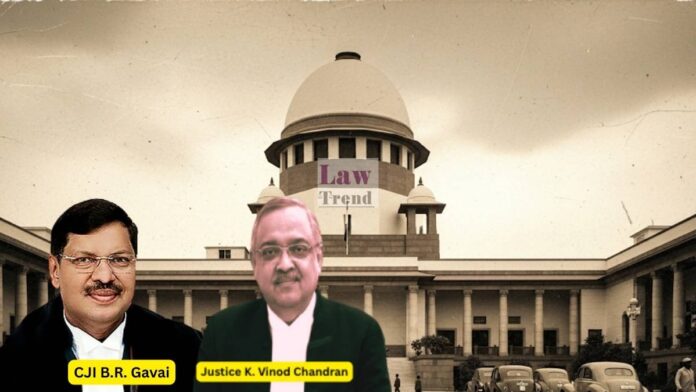The Supreme Court of India, in an order, issued a strong observation on judicial propriety, stating that while High Courts are Constitutional Courts, it is “expected of the High Courts to keep their hands away” from matters of which the Supreme Court is already seized. The observation came as a bench comprising CJI B R
To Read More Please Subscribe to VIP Membership for Unlimited Access to All the Articles, Download Available Copies of Judgments/Order, Acess to Central/State Bare Acts, Advertisement Free Content, Access to More than 4000 Legal Drafts( Readymade Editable Formats of Suits, Petitions, Writs, Legal Notices, Divorce Petitions, 138 Notices, Bail Applications etc.) in Hindi and English.




